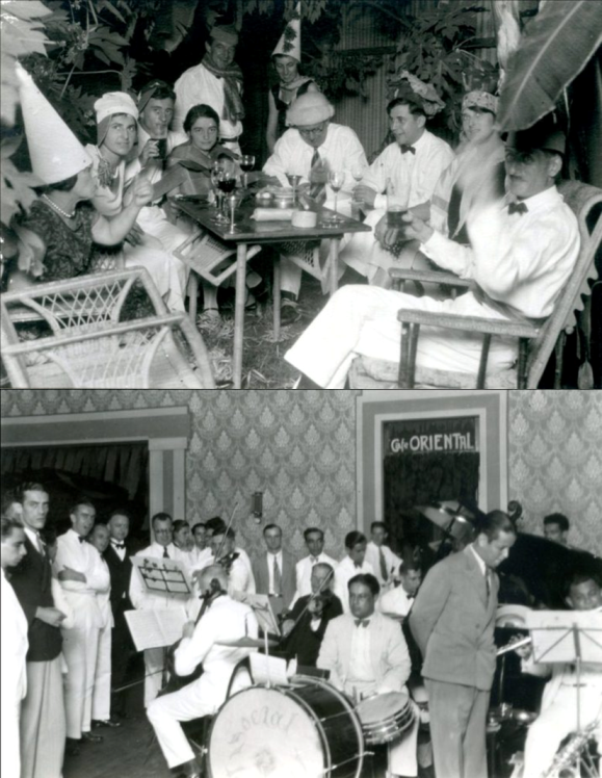Abstract
This paper challenges the mantra repeated for decades in the wake of the signing of the Lomé Sugar Protocols by the African, Pacific and Caribbean group of nations (A.C.P.) of which Trinidad and Tobago was a member and the European Economic Community (E.E.C.) during 1975. The slant voiced by the Community and accepted by many within the Caribbean has for far too long suggested that the Sugar Protocols continued the seemingly altruistic economic relationship established between 1951 and 1974 by its direct predecessor the Commonwealth Sugar Agreement (C.S.A.). However this is very much a misnomer as post 1975 the nation’s sugar industry, centred on the island of Trinidad, like its counterparts in the A.C.P., entered a paradigm fundamentally bereft of most of the economic benefits of the C.S.A. and which instead worked overwhelmingly to the advantage of British refining companies like Tate and Lyle. This meant that though Dr Eric Williams, the nation’s first Prime Minister intoned that independence meant the ending of “Massa’s” time in Trinidad and Tobago, where the sugar industry was concerned the economic subservience concomitant with a history of colonialism continued well into the twenty-first century.

This work is licensed under a Creative Commons Attribution-NonCommercial 4.0 International License.
Copyright (c) 2021 Memorias

